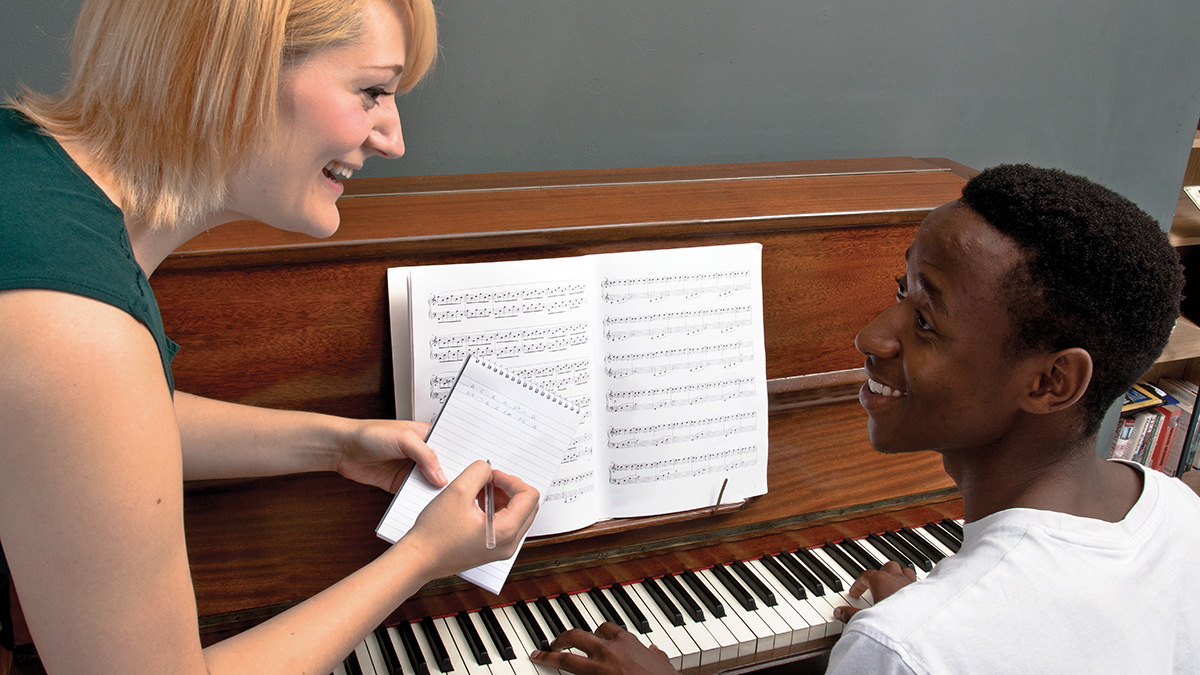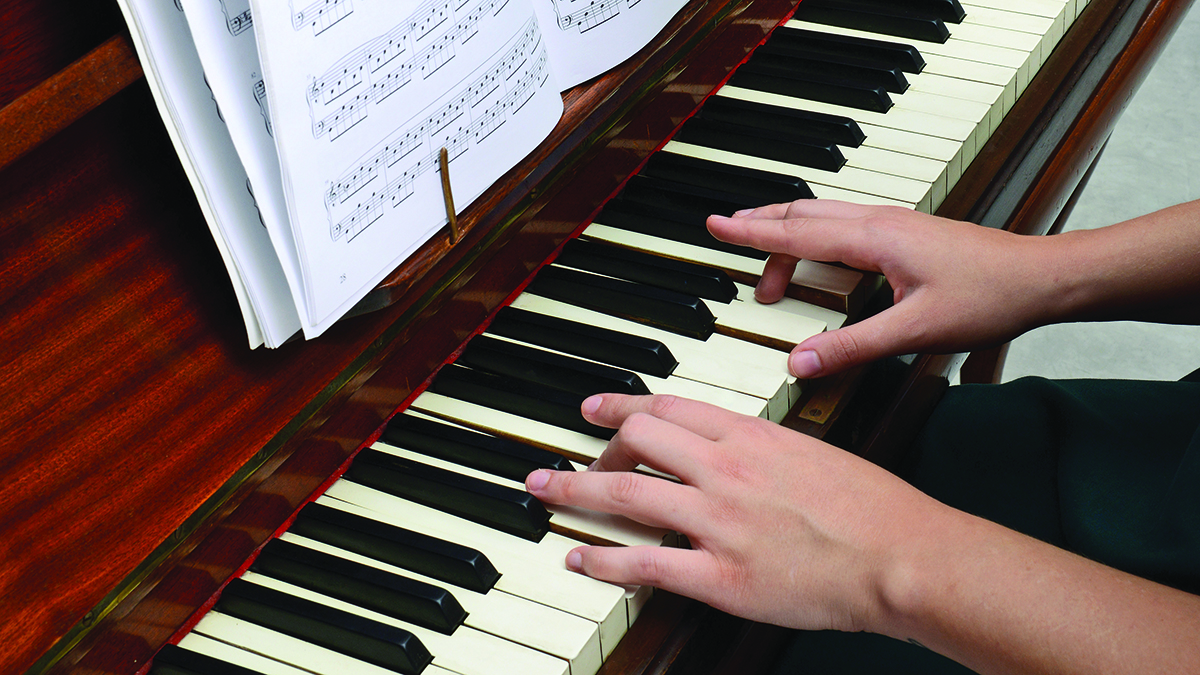How to buy your first acoustic piano
Here’s what to consider before you take the plunge

Buying your first acoustic piano is a big decision. There is a wide variety of pianos - do you go for upright or grand, overstrung or straight strung, underdamper or overdamper?
Choosing the correct piano can be a headache, especially for beginner musicians. In this article we’ll talk about all the important factors you should consider when buying your first acoustic piano, and what to look for when you’re shopping around.
The basics
There are a few things you should keep in mind before you buy your grand or upright acoustic piano.
Sound
Objectively, the most important factor you should look for when deciding on a new piano is the sound. Before purchasing your piano it’s a good idea to try playing it to hear if you like its sound.
This very much depends on your personal preference. Some people like brighter tones while others prefer mellower sounds. In general, a good piano should have a full and round sound.
If you’re just starting your journey as a pianist, you might also want to consult with a professional, such as an experienced music teacher or a qualified piano technician.

Keys
The keys of the piano you choose should be smooth to the touch and not have any cracks or scratches. When you play, the keys should also have enough resistance. If you need to use a bit of strength when playing, as if you’re typing on a keyboard, then the keys might not have the necessary resistance. And, finally, when you’re playing, you want there to be adequate cushioning to reduce the impact that’s transmitted to your finger joints.
Get the MusicRadar Newsletter
Want all the hottest music and gear news, reviews, deals, features and more, direct to your inbox? Sign up here.
There are a number of brands that are well known for manufacturing high-quality acoustic pianos. If you’re confused as to where to look, good brands to start with are Kawai, Yamaha, Bosendorfer and Baldwin. They are generally considered as safe choices for beginners due to their good reputation in the industry.
Where will you place your piano?
Measure the space where your piano will be placed and get the exact dimensions of the acoustic piano you’re viewing so you can make sure it’ll fit. If you don’t have much space, then you might want to stay away from grand pianos and look for an alternative, such as an upright piano or a spinet piano, which is the more petite of the two.
It is also very important to pick a suitable room to place your new piano. Acoustic pianos can easily be affected by humidity or fluctuating temperatures, so you should never place them in the kitchen, or near a radiator or window. If kept in an unsuitable environment, a lot of the essential parts of an acoustic piano, that are made out of wood or felt, could be damaged. Needless to say, this will affect the sound of your piano.

Warranty
When making a purchase as big as a piano, having a warranty is essential. Most brand new acoustic pianos come with a warranty of at least five years. Some brands, such as Yamaha or Steinway, only provide coverage for pianos sold by licensed retailers.
There isn’t a piano that suits all musicians, so it’s important that you weigh your pros and cons and choose one that suits you individually.
For your first acoustic piano, it’s definitely worth considering a cheaper model if you’re unsure about whether you’ll be keeping up this hobby for long.
Remember, you can always upgrade to a better one when you become a more confident musician.
After buying your piano you also have to make sure to take great care of it so you can enjoy playing it for many years. Bear in mind that there will be ongoing costs, too, such as tuning and any essential repairs.
Coach House Pianos has over 35 years’ experience in supplying, installing, maintaining and restoring the world’s finest pianos. Discover more on their website and online store.
“Delivers streamlined DAW integration with an excellent hammer action keyboard”: Arturia Keylab 88 Mk3 review
MusicRadar deals of the week: I'm feeling this! Score an impressive £350 off the Fender DeLonge Starcaster, as well as hundreds off Epiphone, Gretsch, Gibson and more









